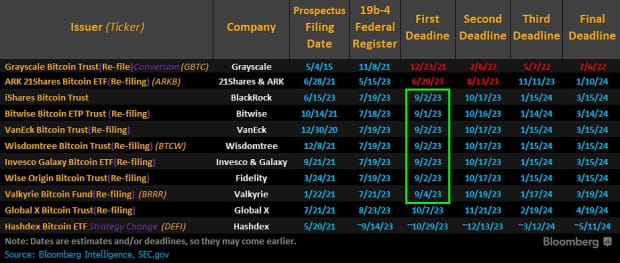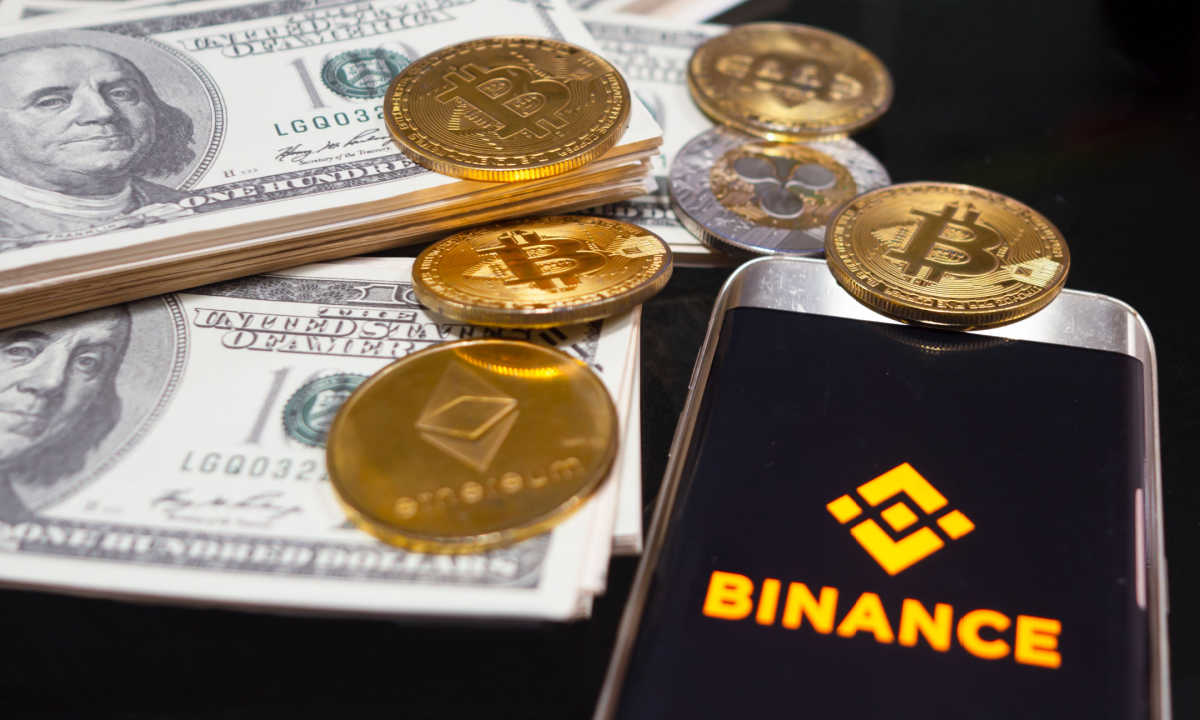After gaining 11% between March 16 and March 18, the whole crypto market capitalization has been battling resistance on the $1.2 trillion stage. This identical stage was reached on August 14, 2022 and was adopted by a 19.7% decline to $960 billion over the following two weeks. Throughout the lateralization interval between March 20 and March 27, Bitcoin (BTC) gained 0.3%, whereas Ether (ETH) posted modest positive factors of 1.6%.

One supply of favorable short-term momentum is a change within the Federal Reserve’s financial coverage The U.S. Federal Reserve was compelled to extend its stability sheet by $393 billion between March 9 and March 23 as a way to present short-term loans to failing banks. The target of the plan was to cut back inflation, which has considerably impacted the price of dwelling and in the end hampered financial enlargement in the US.
The stability sheet discount runs counter to the central financial institution’s earlier nine-month pattern of offloading a few of its debt devices, exchange-traded funds and mortgage-backed securities. The reversion of this technique is initially bullish for threat property as a result of the Fed is performing as a lifeline for struggling banks and hedge funds.
Alternatively, the sector’s regulatory dangers have been exacerbated on March 22 when Coinbase acquired a Wells discover from the U.S. Securities and Alternate Fee. The trade’s staking program, a few of its digital asset listings, and pockets companies may all be focused by the regulator. Once more, the uncertainty stems from not understanding which property qualify as securities.
These competing forces might have been the first motive for cryptocurrencies’ slender buying and selling vary close to $1.18 trillion between March 17 and March 27. Nonetheless, derivatives knowledge presents compelling arguments for a rally towards $1.35 trillion and a retest of the $1 trillion threshold.
The full crypto market capitalization has remained secure since March 20, with XRP rallying by 22% and Litecoin (LTC) gaining 17%. XRP’s positive factors are probably attributable to traders’ expectations that Ripple will prevail in its ongoing authorized battle towards the SEC. As for Litecoin, analysts level to its upcoming halving in August, when the rewards for mining new blocks might be lower in half.
Choices merchants are fairly assured above $1 trillion
Merchants can gauge the market’s sentiment by measuring whether or not extra exercise goes by means of name (purchase) choices or put (promote) choices. Usually talking, name choices are used for bullish methods, whereas put choices are for bearish ones.
A put-to-call ratio of 0.70 signifies that put possibility open curiosity lags behind the higher variety of name choices. In distinction, a 1.40 indicator favors put choices, which is a bearish signal.

Since March 10, Bitcoin’s put-to-call ratio has been both balanced or favoring neutral-to-bullish name choices. Although Bitcoin’s value has risen by 41% prior to now two weeks, choices merchants point out they aren’t more and more involved a few value correction.
Associated: Will BTC ditch the bear market? 5 issues to know in Bitcoin this week
Leverage demand is balanced regardless of the resistance at $1.2 trillion
Perpetual contracts, often known as inverse swaps, have an embedded charge that’s normally charged each eight hours. Exchanges use this payment to keep away from trade threat imbalances.
A optimistic funding charge signifies that longs (patrons) demand extra leverage. Nonetheless, the alternative state of affairs happens when shorts (sellers) require further leverage, inflicting the funding charge to show destructive.

Prior to now week, the seven-day funding charge for almost all of the main cryptocurrencies has been impartial, indicating that no extreme shopping for leverage has been used to assist costs. This interprets to firepower for bulls, if obligatory, and a big discount in liquidation dangers.
The one exception was BNB, the place brief sellers paid 1.25% per week to keep up their positions. Regulatory uncertainty surrounding Binance trade is probably going behind whales’ curiosity in shorting BNB.
The latest rally seems sustainable from a spinoff perspective and bulls are effectively positioned to defend towards future declines. Nonetheless, on condition that the crypto value positive factors might have been fueled by the Fed’s emergency motion to keep away from a banking disaster, the percentages favor additional lateral value motion.
The views, ideas and opinions expressed listed here are the authors’ alone and don’t essentially replicate or signify the views and opinions of Cointelegraph.









![Methods to Purchase DeFi Pulse Index on CoinStats [The Ultimate Guide 2022]](https://bitrrency.com/wp-content/uploads/2022/05/DeFi_Pulse_og-100x70.png)

